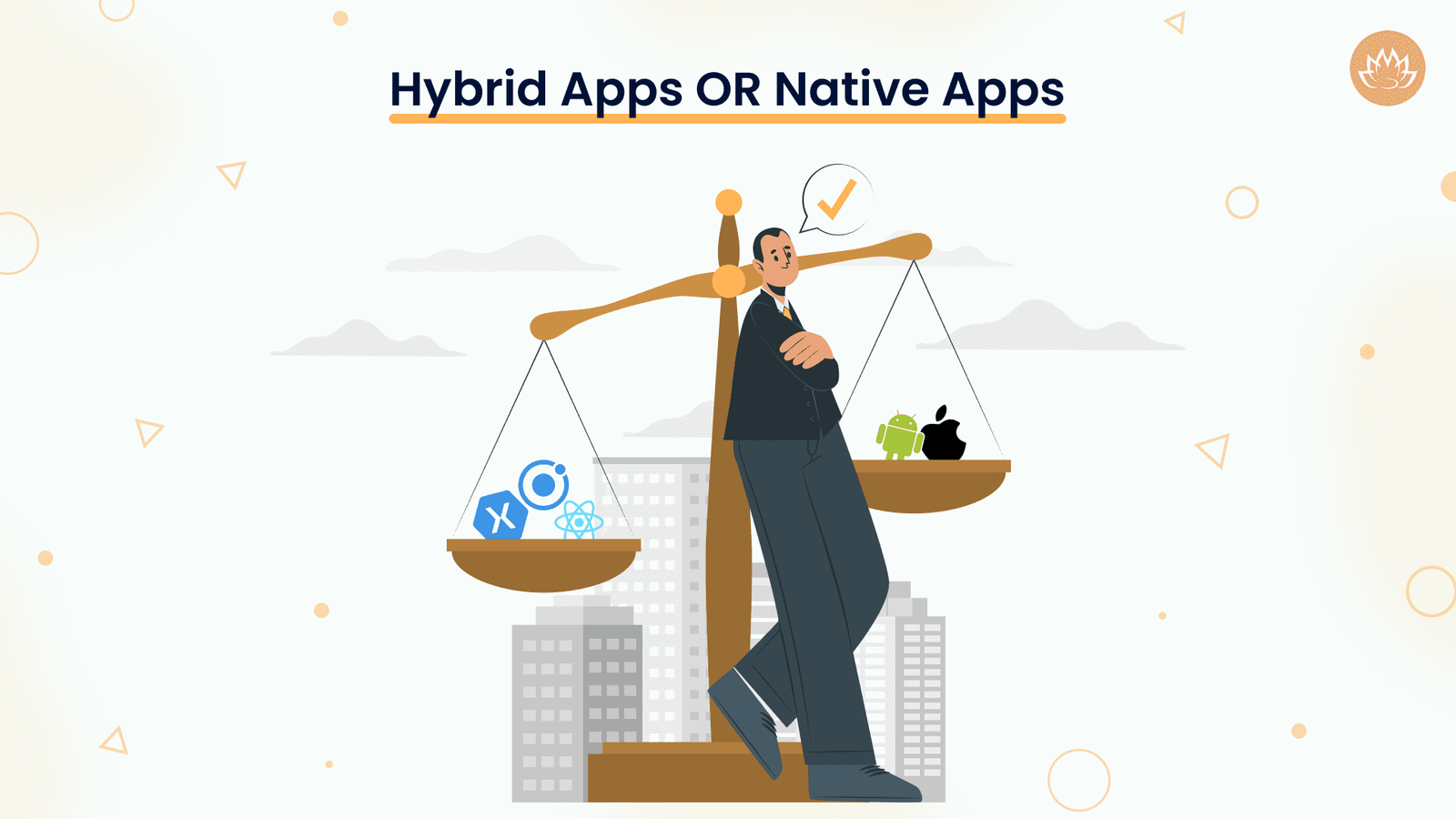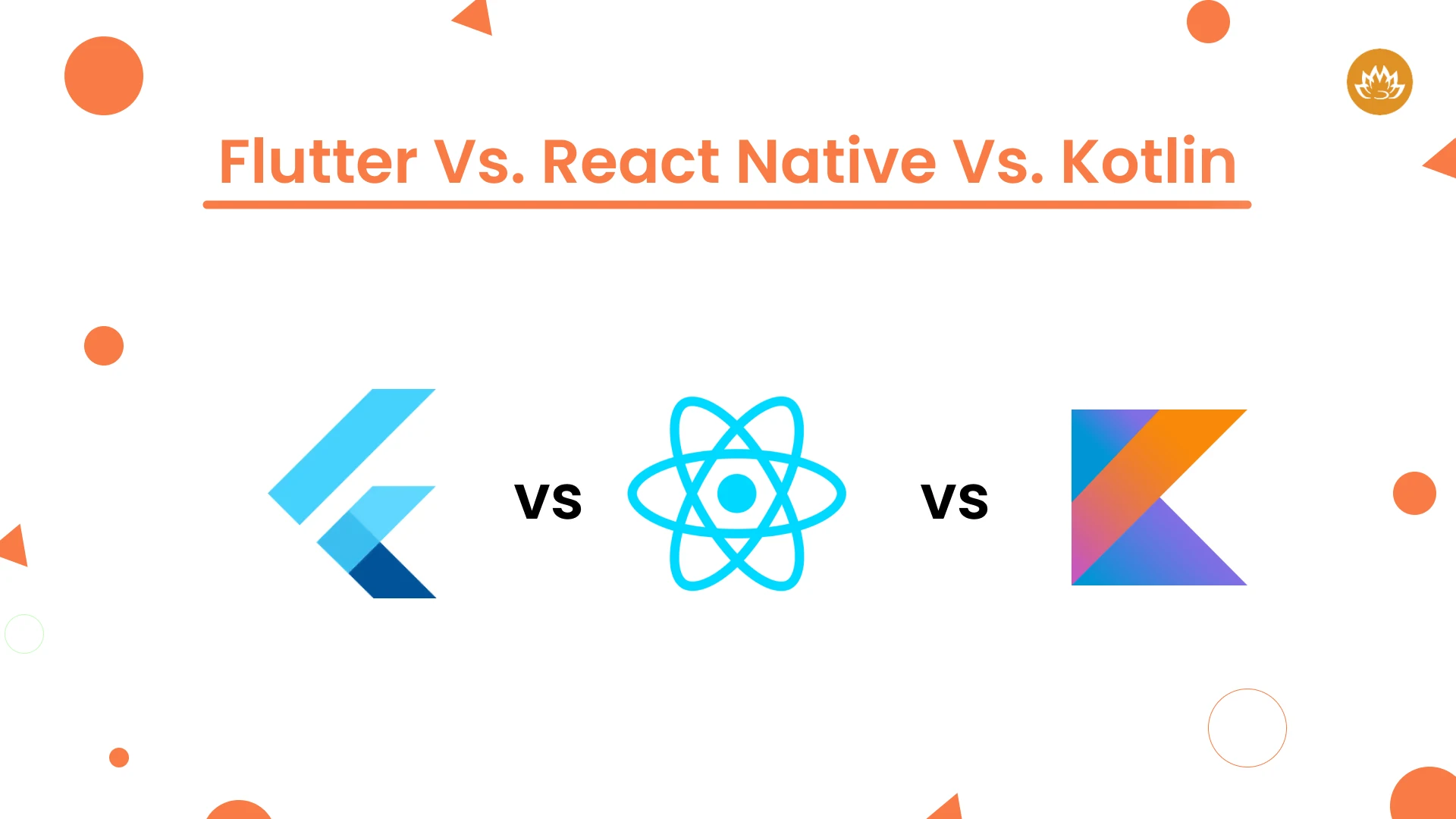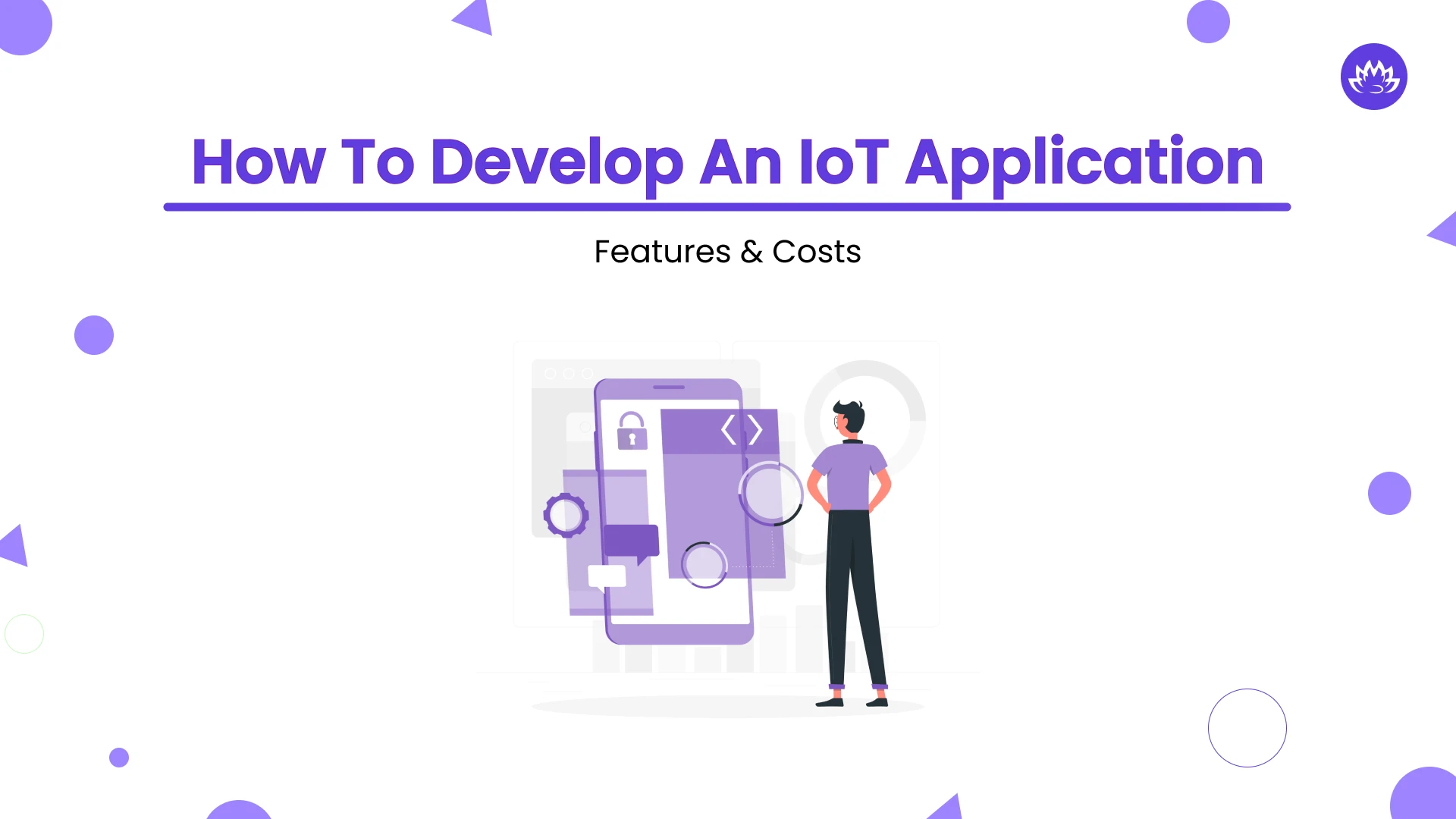In today’s fast-paced digital landscape, mobile applications have become an integral part of our daily lives. Whether you’re ordering your morning coffee, tracking your fitness goals, or connecting with friends and family, there’s a mobile app for virtually every task. However, when it comes to developing a mobile app, one critical decision lies at the heart of the process: should you opt for a hybrid app or a native app? Each approach offers its own set of advantages and challenges, and making the right choice can significantly impact the success of your project. In this blog, we’ll delve into the world of hybrid and native apps, explore their key differences, and help you make an informed decision as you embark on your app development journey. So, let’s navigate the fascinating realm of mobile app development and discover which path is the right one for you. This article will show you how to decide your mobile app strategy.
What is Hybrid App?
Hybrid App: Developer augments web code with native SDK. Can be easily deployed across multiple platform and is usually the cheaper and faster solution.
What is Native App?
Native App: This is platform specific and requires unique expertise. However the full potential of the platform can be leveraged which will drive great user experience and larger app capabilities. Can be pricey based on requirement and take longer to develop.
The Mobile App Revolution
Mobile apps have revolutionized the way we interact with the digital world. They’ve become an essential channel for businesses to connect with their customers and for individuals to simplify their daily tasks. But what lies beneath the surface of these convenient tools? The development process, choice of technologies, and the platform you select all play a crucial role in determining your app’s performance, user experience, and maintenance.
Hybrid Apps: The Best of Both Worlds?
Hybrid apps, as the name suggests, combine elements of both web and native mobile applications. They are essentially web applications wrapped in a native container. This means they can run on multiple platforms, such as iOS and Android, using a single codebase. Hybrid apps are often developed using web technologies like HTML, CSS, and JavaScript. One of the primary advantages of hybrid apps is that they offer cost-effectiveness and faster development times, as developers can write code once and deploy it across different platforms.
Native Apps: The Pinnacle of Performance
On the other hand, native apps are built specifically for a particular platform, such as iOS or Android, using platform-specific programming languages (Swift or Objective-C for iOS, Java or Kotlin for Android). They provide the highest level of performance and user experience due to their deep integration with the operating system. Native apps can access all device functionalities, ensuring seamless and responsive interactions. However, developing separate versions for different platforms can be more time-consuming and expensive.
Making the Choice
The decision between hybrid and native app development depends on various factors, including your project’s goals, budget, and target audience. Do you prioritize cost-efficiency and quicker deployment, or are you aiming for the best possible performance and user experience? Your choice should align with your specific project requirements.
In the upcoming sections of this blog, we will delve deeper into the key differences between hybrid and native apps, explore their strengths and weaknesses, and provide insights to help you make an informed decision. So, stay with us as we navigate this exciting journey through the world of mobile app development.
At Whitelotus Corporation, we help customers with both approaches based on the their business goals. We use custom + platform based approach to build native and hybrid mobile apps based on the expectations. If you search for best mobile application development company then your ends here – Whitelotus Corporation.
Also, wanted to explore:
Web apps vs. Hybrid apps vs. Native apps: Which to choose in 2023?
Author
-

Whitelotus Corporation is a creative digital software, web and top mobile application development company focused on building next generation disruptive digital products.
View all posts













